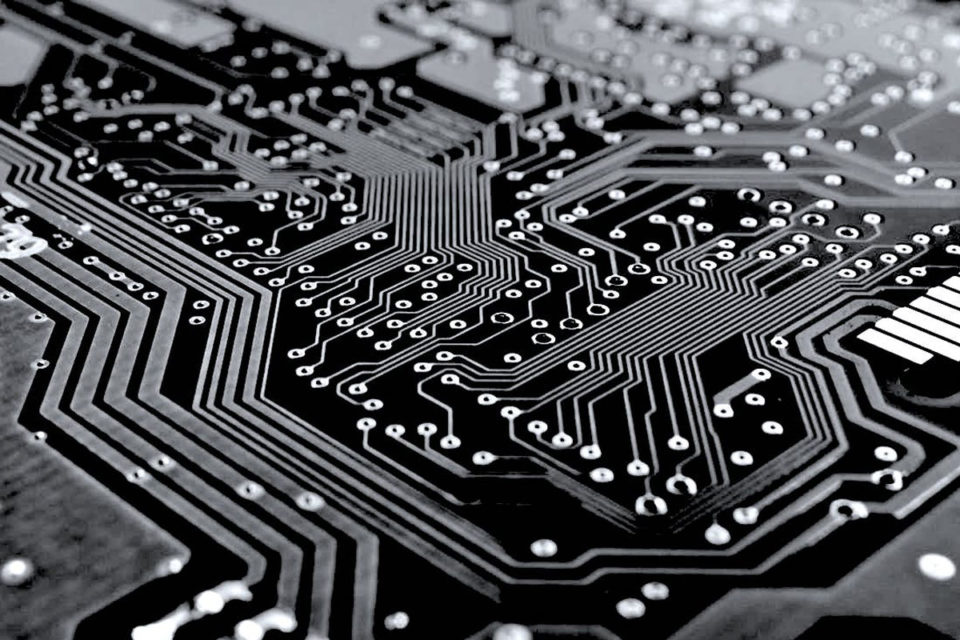Cybersecurity startup Dover Microsystems raises $6 million in seed funding to expand engineering and product development efforts

Massachusetts-based cybersecurity startup Dover Microsystems, today announced it has raised $6 million in seed funding to expand engineering and product development efforts, as well as support key hires across marketing and sales. The latest funding round was led The financing, led by Hyperplane Venture Capital, a firm specializing in investments in full-stack machine intelligence companies, with participation from Draper, Qualcomm Ventures and the Hub Angels Investment Group. Additional funding was provided by Draper, Qualcomm Ventures, the investment arm of Qualcomm Incorporated, and the Hub Angels Investment Group, a series of angel funds focused on seed stage investments in new technology sectors with a geographical preference for the Northeast.
In today’s hyperconnected world, processors are at the core of every device and every system, from cars and cameras to pacemakers and power grids. Industry research suggests there will be more than 21 billion connected devices by 2020, yet the processors inside these devices aren’t designed to protect against the many vulnerabilities found in the software they run. Traditional cybersecurity software can in fact only further exacerbate the problem, as more code simply creates more vulnerabilities for attackers to exploit.
Dover Microsystems is a spin off of Dover, a non-profit laboratory founded in 1938 with focus on applied research, engineering development, education, and technology transfer. Drape provides engineering services directly to governments, industries, and academies with special focus on national security. Drape spun off Dover Microsystems with the goal of providing commercial sector with access to novel hardware-based, defense-grade cyber security solutions. Launched in 2017, Dove extends Draper’s leadership in hardware-based cyber security honed on projects for the U.S. government. The launch provides both companies access to the fast-growing cyber security market with a powerful, flexible and cyber resilient embedded processor chip developed at Draper called the Inherently Secure Processor (ISP). Dover is the first company to bring real security to silicon.
Dover’s patented CoreGuard solution delivers protection against cyberattacks, and integrates with market-leading RISC processors to eliminate software vulnerability risk from endpoint devices. Using a proprietary approach, CoreGuard enables hardware to enforce updatable security policies to defend processors and embedded systems against all network-based attacks. “Without a doubt, Dover will revolutionize cybersecurity,” said Vivjan Myrto, Managing Partner of Hyperplane Venture Capital. “As attackers become more sophisticated, defensibility of processors will become a fundamental requirement for every system.”
Dover’s CoreGuard solution is a unique hardware-based approach to cybersecurity. Geared towards the embedded device and industrial IoT industries, the seed investment will enable Dover to amplify engineering and product development plans while providing marketing and sales support for critical vertical industries such as the semiconductor, automotive, medical, energy, point of sale, and connected home industries.
“We recognize the need for robust and scalable security in IoT nodes and are confident that the solutions enabled by Dover will be compelling in their ability to solve many common security issues in embedded processors,” said Quinn Li, VP and Global Head of Qualcomm Ventures.
“Today’s cybersecurity solutions have left companies and individuals even more exposed. By rethinking cybersecurity and leveraging a hardware-based approach, we can eliminate network-based attacks and safeguard embedded devices from attacks that target software vulnerabilities,” said Jothy Rosenberg, Dover Microsystems Co-Founder and CEO. “With the recent infusion from our investors, our mission will be to further evangelize true cybersecurity and continue to deliver trusted solutions that bring security, safety, and privacy to the IoT industry.”

